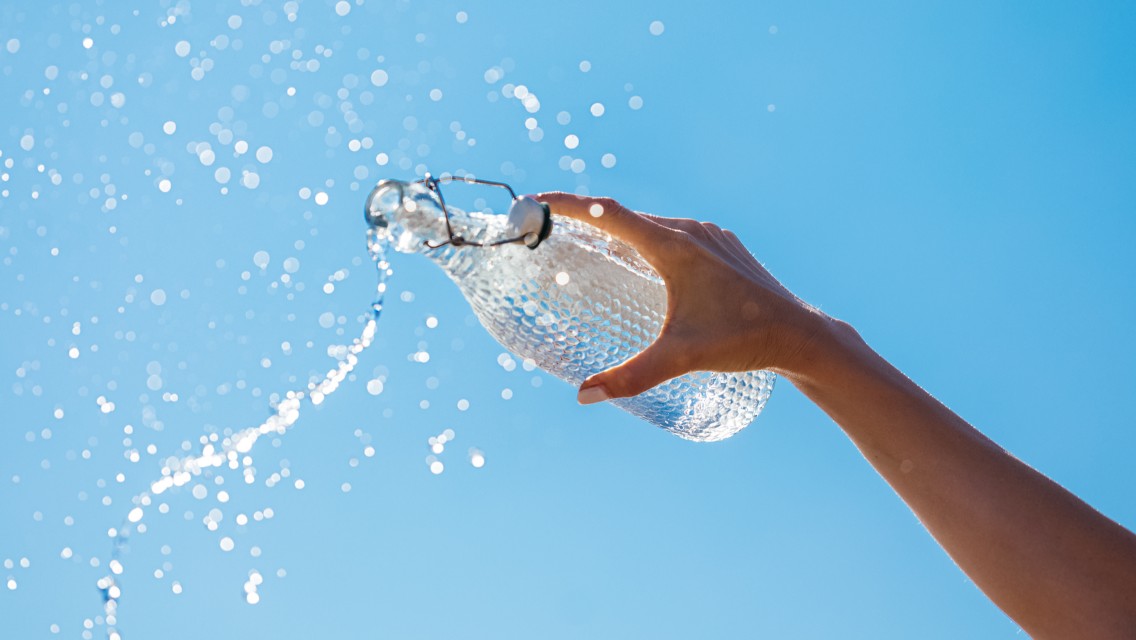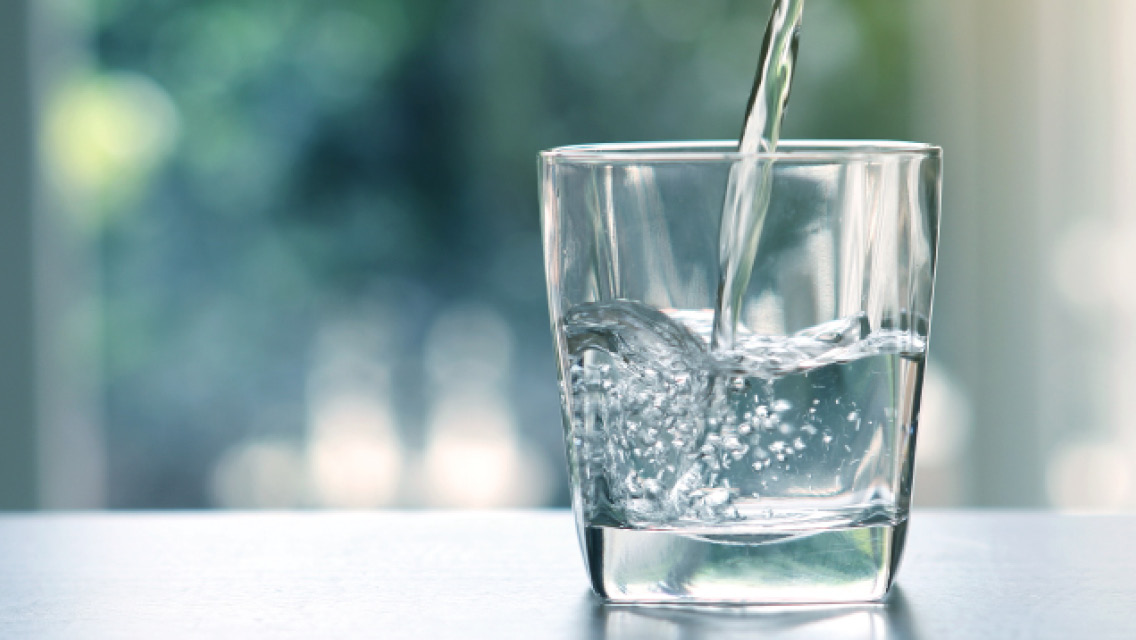“Electrolytes are electrically charged minerals that regulate many of the functions of our body,” says sports dietitian Hillary Ake, MS, RD, CSSD.
Your cells use electrolytes — which include calcium, chloride, magnesium, phosphorus, potassium, and sodium — to spark the electrical charges your muscles need to contract. Those electrical charges also support many chemical reactions, including the ones that help your body maintain healthy fluid levels.
You can usually get all the electrolytes you need from food. But because you lose electrolytes through body fluids like sweat, you might benefit from supplementing with them before and during exercise, says sports nutritionist Sarah Koszyk, MA, RDN, NBC-HWC. This is especially true if you’re doing a workout that lasts more than one hour or takes place in a warm or hot environment.
“Electrolytes can prevent muscle cramping and support muscle function, heart health, and blood-pressure regulation by supporting blood flow throughout the body,” Koszyk says. A supplement can also help replenish electrolytes after a bout of vomiting or diarrhea.
A sports dietitian can help you determine the right way to supplement for your personal needs, but generally speaking, every 8 ounces of an electrolyte fluid should contain 150–180 milligrams of sodium (which is usually in the form of sodium chloride) and 60–75 mg of potassium to restore your body’s fluid balance, says Elizabeth Shaw, MS, RDN, CPT.
Koszyk recommends avoiding electrolyte supplements that contain added sugars, dyes, or additives.
Mix an electrolyte powder into plain water, or select an electrolyte-enhanced sports drink.
Learn More
Listen to “Why Do You Need Electrolytes for Hydration?”
Read “What Are Electrolytes?”
Functional Water Additives
For more on what you need to know about water additives, see “3 Functional Water Additives to Try,” from which this article was excerpted.





This Post Has 0 Comments